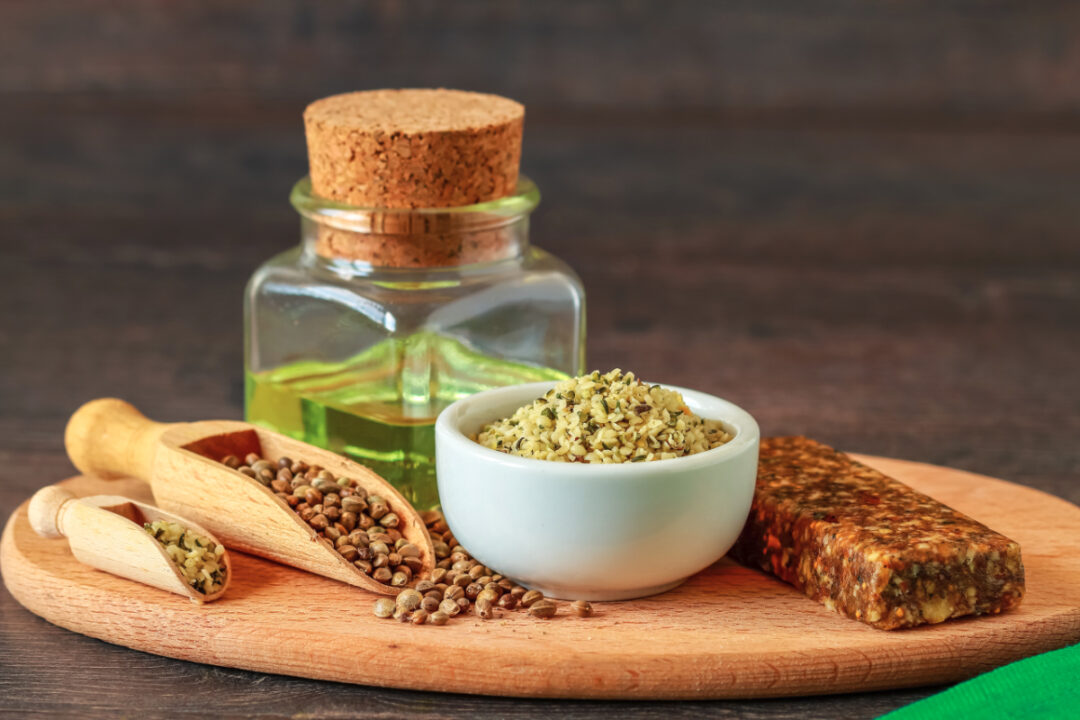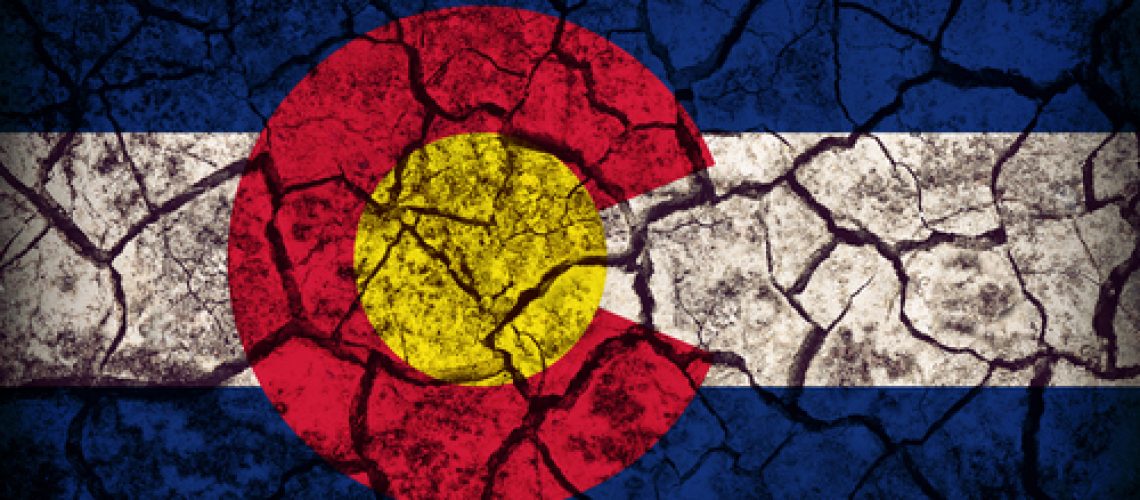
BOULDER, COLO. — Sales in the United States for food and beverage products containing hemp/cannabidiol (CBD) are down 75% so far this year when compared with the same time of 2019, according to New Hope Network/Nutrition Business Journal. Yet companies should not give up on the category, according to speakers at the Hemp Collective Virtual Summit held Dec. 9. Growth opportunities still exist in categories like ready-to-drink beverages and bars.
Amid COVID-19, impulse purchases at retail have dropped as have sales at coffee shops and cafes, said Claire Morton Reynolds, senior industry analyst for Boulder-based New Hope Network/Nutrition Business Journal.
“It’s not ideal for food,” he said of convenience stores. “It’s not where most people shop for food.”
Federal regulations come into play. Retailers are hesitant to carry food and beverage products with CBD since the US Food and Drug Administration has ruled CBD cannot be used legally in foods, beverages and dietary supplements because CBD is approved for use in a drug called Epidiolex.
“Sometimes you can label (a food or beverage) as just hemp and not CBD or THC and get it into a wider variety of retailers,” Mr. Singer said.
THC stands for tetrahydrocannabinol, the active ingredient in marijuana.
Mr. Singer still sees opportunity for hemp/CBD in various categories: RTD beverages, bars, drink mixes, recovery products, ice cream and coffee.
“I still think RTD is an untapped category,” Mr. Singer said. “The idea that RTD beverages have reached their limit in independent grocers and convenience stores is laughable. This is a massive opportunity still waiting.”
Ari Sherman, president and co-founder of Evo Hemp, Boulder, mentioned the alcohol replacement sector as an opportunity for hemp/CBD. Product categories that already feature enhancements like vitamins and minerals are another option, he said, giving cereal and bars as examples.
Companies will need to experiment to get the right taste in products and a long enough shelf life, Mr. Singer said.
“CBD is indeed the most bitter substance that any food scientist has ever encountered — more bitter than caffeine,” he said.
The food and beverage industry has little experience in working with hemp/CBD.
“This is all new science — how CBD works in formulations,” Mr. Singer said. “There are no shortcuts in formulations when working with a novel ingredient. You have to test it. You cannot make assumptions.”
The food and beverage category makes up only 0.5% of the US hemp/CBD market. Supplements account for 69% while topicals are at 24% and the pet category makes up 7%.
The total US hemp-based CBD market stood at $912 million in 2020, up 0.4% from 2019, a year in which growth was 115%. New Hope Network/Nutrition Business Journal expects sales growth to pick up in the middle of 2022 and the market to reach nearly $1.4 billion in 2023. The projections of 2020 differ from those in 2019 when New Hope Network/Nutrition Business Journal expected the US market to go over $4 billion by 2023.
Originally published at: https://www.foodbusinessnews.net/articles/17472-sales-plunge-75-for-food-beverage-items-with-hempcbd
